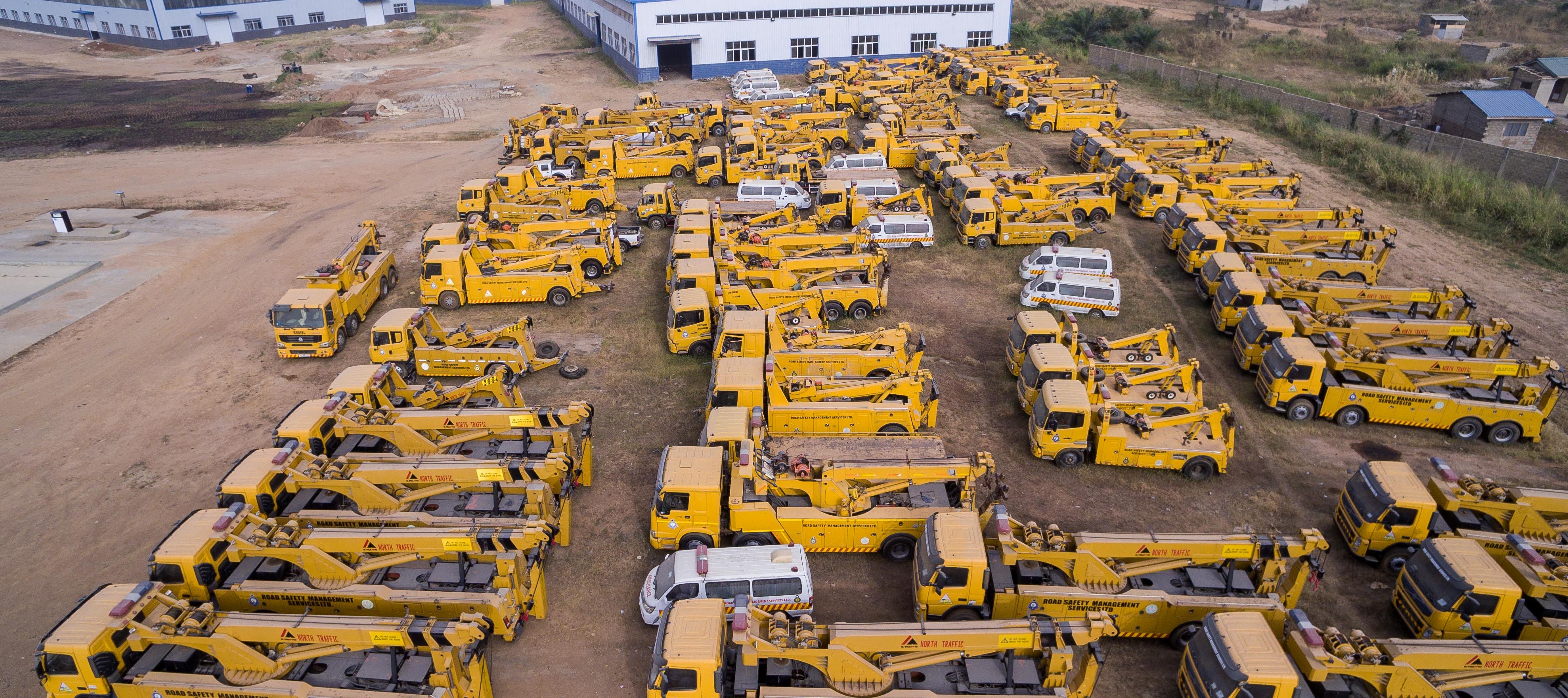
NPP Professionals for Change asks govt to repeal towing levy law
The Professionals for Change group, associated to the governing New Patriotic Party (NPP) has asked government not to implement the mandatory towing levy in its current form.
According to the group, there is already in existence, sufficient statutory framework for dealing with the menace of broken and stationery vehicles on roads and that if the Motor Transport and Traffic Directorate (MTTD) of the Ghana Police Service and the National Road Safety Commission (NRSC) enforce the law, there would be no need for this new initiative.
Read the full statement from the group below
PRESS STATEMENT BY NPP PROFESSIONALS FOR CHANGE ON THE ROAD TOW LEVY
We wish, like many others, to express our thoughts on the controversial road tow levy and humbly call on government not to implement the policy, in its current form.
Whilst we find the policy objective of the levy which is, removing stationary vehicles from our major roads in order to reduce motor accidents on our roads laudable, we are, unfortunately, unable to accept the mode of implementation.
Not only will the law, in its current form, unduly create a financial burden on the masses but also, the nature and scope of the Contract of Service, executed between the Road Safety Commission and the Road Safety Management Company Limited for the purpose of enforcing the law, unfairly creates a monopoly by making Road Safety Management Company Limited (“RSMCL”), the sole provider of the service.
Additionally, the contract has no key performance indicators that regulate the effective and efficient performance of the obligation of RSMCL under the agreement.
Accordingly, there is even no guarantee that after paying the money to RSMCL, it will deliver the required service effectively and efficiently in order to achieve the said policy objective.
Apart from the above, the twenty (20) years tenure of the said contract is irrationally and unjustifiably long and thus, to a large extent, constrains the State from exercising the option of engaging other service providers where RSMCL is not performing.
In a nutshell, there is no guarantee that the policy will not be like the many other schemes that gave free money to some persons and/or entities in the past with no work done.
{loadmodule mod_banners,Nativead1}
We believe that there is already in existence, sufficient statutory framework for dealing with the menace of broken and stationery vehicles on our roads and highways and in that respect, we wish to respectfully draw the attention of the Motor Transport and Traffic Directorate (MTTD) of the Ghana Police Service and the National Road Safety
Commission (NRSC) to Section 21 of the Road Traffic Act which provides as follows:
21. Leaving vehicles or trailers in dangerous positions
A person in charge of a motor vehicle who causes or permits the motor vehicle or a trailer drawn by it to remain at rest on a road in such circumstances as constitute a danger or causes injury to any other person using the road, commits an offence and is liable on summary conviction to a fine not exceeding two hundred and fifty penalty units or to a term of imprisonment not exceeding twelve months or to both the fine and the imprisonment.
It is also worth noting the comprehensive provisions in Regulation 102 of the Road Traffic Regulations, 2012 (LI 2180). We wish therefore to encourage the MTTD and NRSC to collaborate, as they have done in the past, to enforce the above provisions of the law.
It is our respectful view that the strict enforcement of the aforementioned provisions of the law will equally give us the same results as we seek under the tow levy law and thus, render same redundant. The Tow Levy law is clearly a duplicity with no guarantee of success at all.
In the circumstance, we are calling on Government to repeal the road tow levy. Also, in the long term, we propose that Government equips the police and local government authorities with requisite towing trucks and other equipment in order to effectively carry out their respective mandates in keeping our roads safe.
